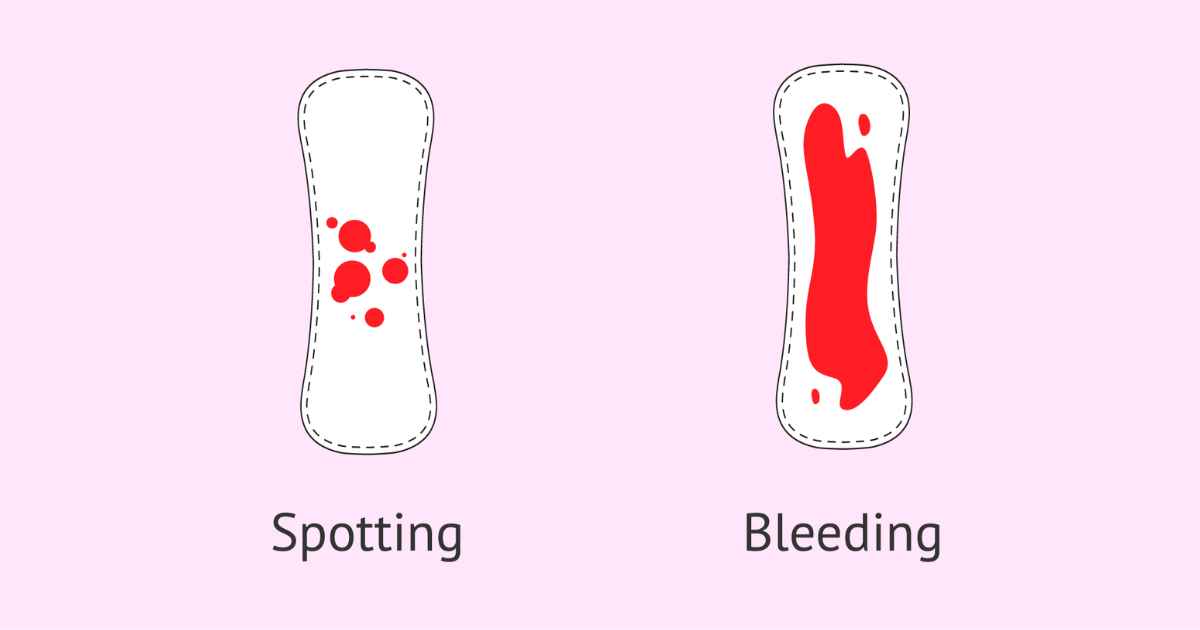Blood spotting in early pregnancy can be a common occurrence, but it can also be a source of anxiety for expectant mothers. While it often isn’t a serious issue, it’s essential to be aware of the potential causes and when to seek medical attention.
Bleeding or Spotting During Early Pregnancy
If you experience bleeding or spotting during early pregnancy, it’s crucial to consult with your healthcare provider. While it often isn’t a serious issue, it’s always best to seek professional advice to rule out any underlying concerns.
Causes of Spotting in Early Pregnancy
- Implantation Bleeding: This occurs when the fertilized egg attaches to the uterine wall. It typically happens around 7-10 days after conception and is often described as a light pink or brown discharge.
- Cervical Erosion: This is a condition where the lining of the cervix becomes irritated or inflamed. It can cause spotting, especially after intercourse.
- Ectopic Pregnancy: This occurs when a fertilized egg implants outside the uterus, usually in the fallopian tube. While less common, it can cause bleeding and abdominal pain.
- Threatened Abortion: This is when bleeding occurs in early pregnancy, but there are no signs of tissue being passed. It can be a sign of a potential miscarriage, but it doesn’t always mean one will occur.
- Subchorionic Hematoma: This is a collection of blood between the placenta and the uterine wall. It can cause bleeding and may resolve on its own.

When to Seek Medical Attention
While spotting is common in early pregnancy, it’s crucial to consult with your healthcare provider if you experience any of the following:
- Heavy bleeding that soaks through more than one pad per hour
- Bright red blood
- Severe abdominal pain
- Fever
- Foul-smelling discharge
Types of Blood Spotting
- Red Spotting: This can be a sign of implantation bleeding or other underlying conditions.
- Blood Discharge: The colour and amount of discharge can vary depending on the cause.
- Dry Blood Spotting: This is often associated with implantation bleeding or cervical erosion.
- Dark Blood Spotting: This may indicate older blood and is less likely to be a sign of a serious issue.
- Slight Blood Spotting: This is common and often nothing to worry about.
Seeing Your GP about Spotting
If you experience bleeding or spotting during early pregnancy, it’s important to consult with your GP. They can assess your symptoms, perform necessary examinations, and recommend appropriate tests.
Examination
Your GP will likely conduct a physical examination to assess your overall health and check for any signs of infection or other abnormalities.
Tests
Depending on your symptoms and medical history, your GP may recommend the following tests:
- Pregnancy Test: To confirm the pregnancy.
- Ultrasound: To examine the uterus and check for any abnormalities.
- Blood Tests: To assess your blood count and check for infections.
Referral
In some cases, your GP may refer you to a specialist, such as a gynaecologist or an obstetrician, for further evaluation or treatment.

Pelvic or Vaginal Examinations
Your healthcare provider may perform a pelvic or vaginal examination to assess the condition of your cervix and uterus.
Important Tips
- Stay Calm: Blood spotting is a common occurrence in early pregnancy, and it often isn’t a serious issue.
- Monitor Your Symptoms: Pay attention to the colour, amount, and frequency of bleeding.
- Seek Medical Advice: Don’t hesitate to consult with your healthcare provider if you have any concerns.
- Rest and Avoid Strenuous Activity: If you experience bleeding, it’s important to rest and avoid strenuous activity.
- Follow Your Healthcare Provider’s Recommendations: Adhere to any treatment or follow-up instructions given by your doctor.
Remember, every pregnancy is unique, and blood spotting can vary from person to person. By seeking timely medical advice and following your healthcare provider’s recommendations, you can ensure the health and well-being of both you and your baby.
Conclusion
Blood spotting in early pregnancy can be a common occurrence, but it can also be a source of anxiety for expectant mothers. While it often isn’t a serious issue, it’s essential to be aware of the potential causes and when to seek medical attention. By understanding the common causes of spotting, monitoring your symptoms, and consulting with your healthcare provider, you can effectively manage any concerns and ensure the health and well-being of both you and your baby.